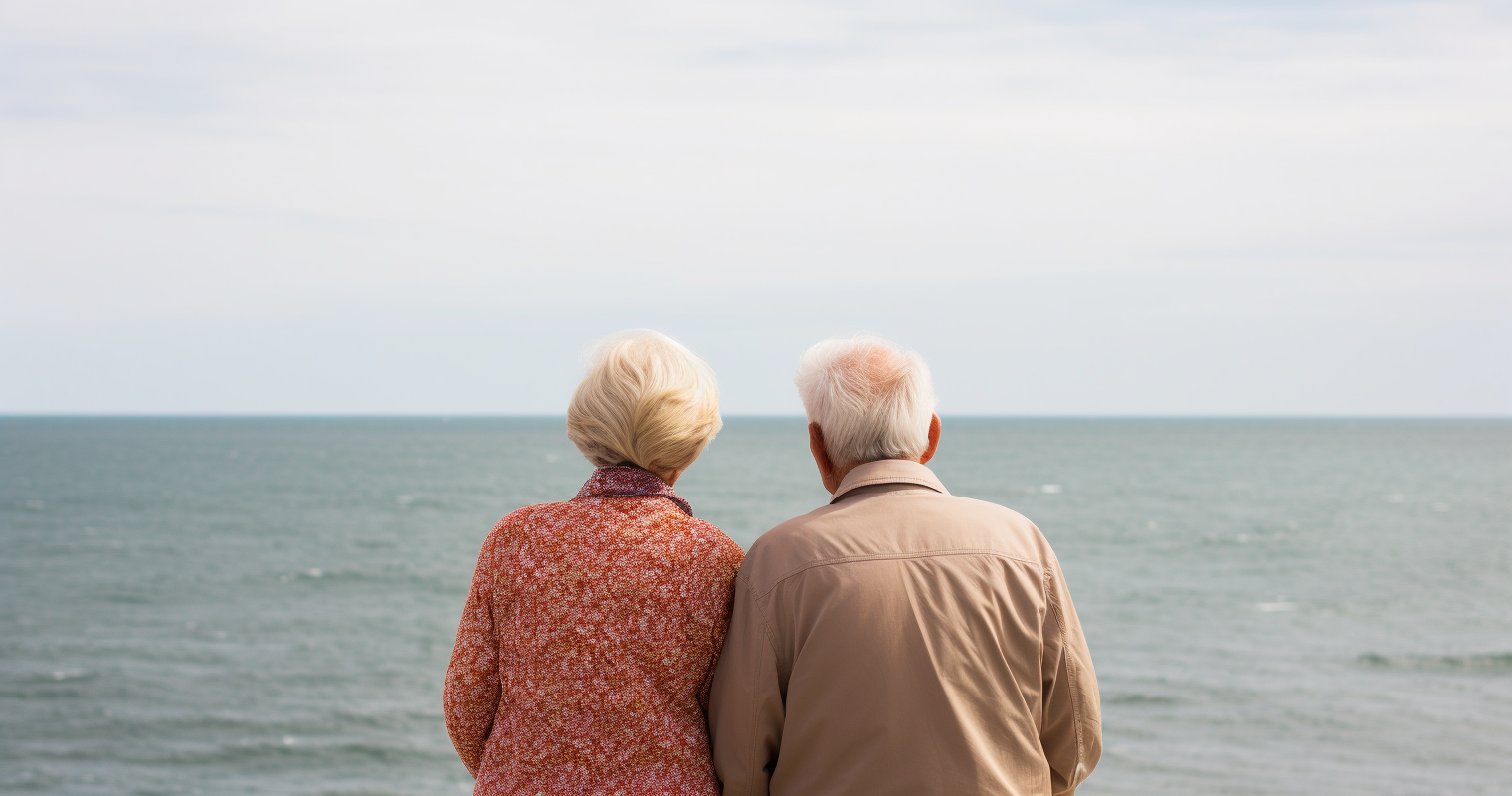Jamaica has a growing elderly population, and there is a need for formalized care options to support their needs. The government has made some efforts to improve elderly care in the country, but challenges remain in ensuring adequate access to care and addressing the social and economic issues that many elderly people face.
The State of Elderly Care in Jamaica
The elderly population in Jamaica is expected to double in the next 30 years, with approximately 12% of the population aged 60 or older. The government provides a basic social security system that includes a pension and access to healthcare services, but the level of support can vary depending on individual circumstances.
Many elderly people in Jamaica rely on their families for support and care, and this can lead to challenges, particularly when families are unable to provide adequate support.
Availability and Standard of Residential Homes
Residential homes are one option for elderly care in Jamaica. These homes provide accommodation, meals, and basic care services. Residential homes in Jamaica are often privately owned and operated, and the cost of living in them can be high.
One example of a residential home in Jamaica is the “Golden Age Home” facility in Kingston. This facility provides a comfortable and safe environment for elderly people, with on-site staff available 24/7 to provide assistance if needed.
Availability and Standard of Care Homes
Care homes are similar to residential homes but offer more extensive medical care and services. Care homes are often privately owned and operated, and the cost of living in them can be high.
One of the most well-known care homes in Jamaica is the “Sister Clara Mohammed School for the Aging” in Kingston. This facility provides medical care, therapy, and social activities for elderly people in need. The care home is run by a non-profit organization and relies on donations and government support to operate.
Availability and Standard of Nursing Homes
Nursing homes are the most extensive option for elderly care in Jamaica, offering 24/7 medical care and attention. These facilities are often privately owned and operated, and the cost of living in them can be very high.
One of the most well-known nursing homes in Jamaica is the “St. John Bosco Home for Abandoned and Disadvantaged Children and the Elderly” in Mandeville. This facility provides medical care, therapy, and social activities for elderly people in need, and has a high reputation for providing excellent care. The cost of living in a nursing home like St. John Bosco can be very high, making it inaccessible for many elderly people in Jamaica.
Community-Based Care Options
In addition to residential homes, care homes, and nursing homes, there are also community-based care options for the elderly in Jamaica. Non-profit organizations and volunteer groups provide social support and companionship to the elderly, as well as assistance with daily activities and healthcare needs.
One example of a community-based care option in Jamaica is the “Council for Voluntary Social Services” program, which provides assistance to elderly people who wish to remain in their homes. The program offers training and support to family members, as well as respite care and other services.
In conclusion, elderly care in Jamaica has a relatively well-developed system that provides comprehensive support to the elderly population. However, challenges remain in ensuring adequate access to care and addressing the social and economic issues that many elderly people face.
To address these challenges, the Jamaican government and civil society organizations must work together to develop sustainable and effective solutions for elderly care. This may include increased funding for existing facilities, the creation of new facilities, and the expansion of community-based care options.
Furthermore, it is crucial to address the social and economic challenges that many elderly people in Jamaica face. This can be done through the implementation of policies and programs that support the elderly in areas such as housing, healthcare, and social services. Additionally, efforts should be made to address issues such as poverty, social isolation, and neglect, which can disproportionately affect the elderly population.
Overall, improving elderly care in Jamaica is essential for ensuring that the elderly population can live with dignity and respect in their later years. By providing adequate care and support, we can honor the contributions and sacrifices of the elderly population and create a society that values and supports all its members.

